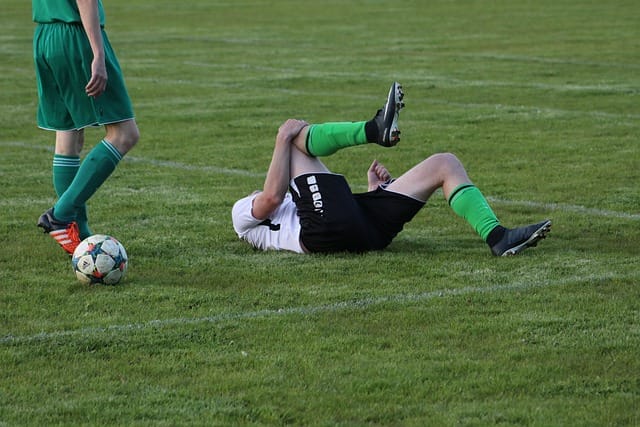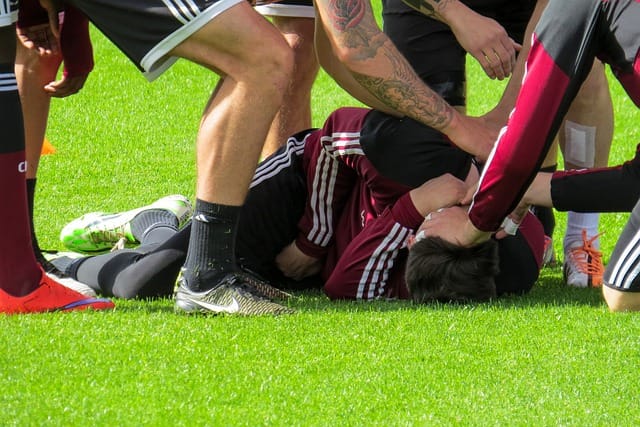Debunking Myths: What You Need to Know Before Buying Banana Drops

Banana Drops have emerged as a popular option in the bustling world of weight loss supplements, capturing the attention of many seeking to shed pounds. If you’re considering whether to Buy Banana Drops, you might be wondering if they are truly a magic bullet to weight loss or just another fad. However, with their rise in popularity comes a swirl of myths and misconceptions that can lead to confusion. If you’re curious about how Banana Drops work and whether they could be right for you, it’s crucial to separate fact from fiction. In this article, we’ll debunk the top five myths surrounding Banana Drops, empowering you with the information to make the right decisions on your weight loss journey. Let’s dive in and uncover the truth!
Banana Drops Are a Magic Solution for Weight Loss
One of the most common misconceptions is that Banana Drops alone can lead to significant weight loss without any lifestyle changes. While these drops may aid metabolism and appetite control, they are not a standalone solution. Sustainable weight loss needs a balanced diet, regular exercise, and healthy lifestyle choices. Think of Banana Drops as a helpful tool in your weight loss toolkit rather than a miracle cure.
All Weight Loss Products Are the Same
 Another prevalent myth is that all weight loss supplements are created equal. In reality, the ingredients and formulations can vary widely. Banana Drops often contain a unique blend of natural ingredients to boost metabolism and reduce cravings. Researching and comparing products is essential, as some may contain fillers or ineffective components. Always read the label to understand what you’re putting into your body.
Another prevalent myth is that all weight loss supplements are created equal. In reality, the ingredients and formulations can vary widely. Banana Drops often contain a unique blend of natural ingredients to boost metabolism and reduce cravings. Researching and comparing products is essential, as some may contain fillers or ineffective components. Always read the label to understand what you’re putting into your body.
Banana Drops Are Only for People with Severe Weight Issues
Some believe Banana Drops are only intended for those with significant weight problems. This is not true. These drops can benefit anyone looking to manage their weight, whether you’re trying to lose a few pounds or maintain a healthy lifestyle. They can support overall well-being by curbing cravings and improving energy levels, making them suitable for various individuals.
You Can’t Use Banana Drops While Following a Specific Diet
Many dieters fear that using Banana Drops will interfere with their existing meal plans, especially if they’re on a low-carb or ketogenic diet. However, these drops are generally designed to complement a variety of diets. They can be incorporated into most dietary regimens without disrupting your goals. Just consider how they fit into your overall caloric and macronutrient intake.
Side Effects Are Common and Severe
Lastly, potential users may be concerned about adverse effects associated with Banana Drops. While it’s true that some individuals might experience mild side effects, like digestive discomfort, these instances are relatively rare and often depend on personal sensitivities. Most people tolerate the drops well, especially if they choose a reputable brand. Always consult a professional before beginning any new supplement, mostly if you have existing health conditions.
Understanding the truths behind Banana Drops is essential for anyone considering them as part of their weight loss strategy. You can approach weight loss journey with clarity and confidence by debunking these myths. Remember that while these drops can be a helpful addition to your routine, they are most effective when combined with healthy eating and regular physical activity. By equipping yourself with accurate information, you’ll be better prepared to make decisions that support your health and wellness goals. As with any supplement, knowledge is power, so stay informed and make choices that work for you.…


 Protective gear is essential for keeping athletes safe during contact sports such as hockey, football, and rugby. Helmets, mouth guards, chest protectors, shin guards, and other protective equipment can reduce the risk of head injuries, broken teeth or bones, and soft tissue damage. It’s vital to ensure all protective gear is properly fitted and maintained.
Protective gear is essential for keeping athletes safe during contact sports such as hockey, football, and rugby. Helmets, mouth guards, chest protectors, shin guards, and other protective equipment can reduce the risk of head injuries, broken teeth or bones, and soft tissue damage. It’s vital to ensure all protective gear is properly fitted and maintained. Finally, an athlete’s diet plays an essential role in injury prevention. Eating a balanced diet with plenty of fresh fruits, vegetables, and lean protein helps to provide the nutrients necessary for optimal physical performance. Drinking enough water also helps maintain hydration levels, reducing fatigue and preventing dehydration-related injuries.
Finally, an athlete’s diet plays an essential role in injury prevention. Eating a balanced diet with plenty of fresh fruits, vegetables, and lean protein helps to provide the nutrients necessary for optimal physical performance. Drinking enough water also helps maintain hydration levels, reducing fatigue and preventing dehydration-related injuries.